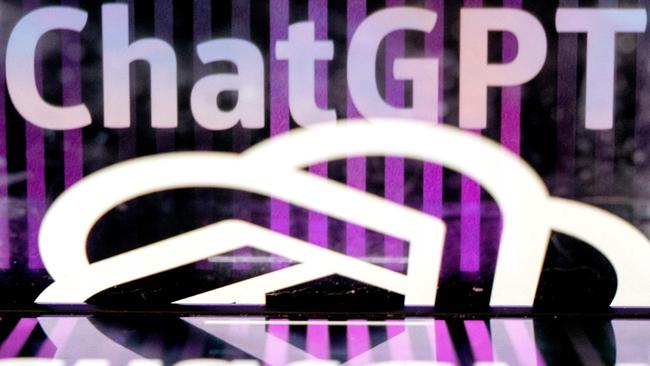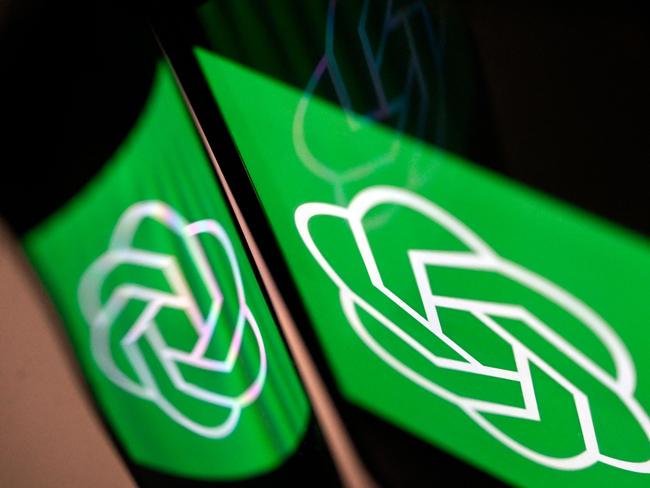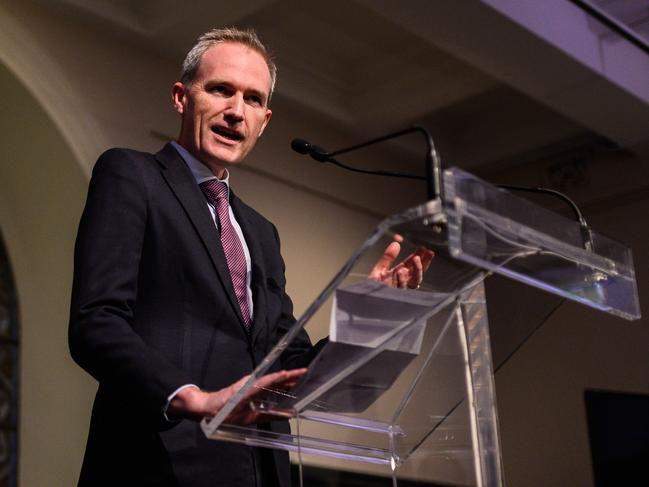Most Australians ‘don’t trust AI at work’: KPMG report
Only 40 per cent of Australians trust the use of AI at work, amid warnings the government needs to proactively address the gamut of issues brought by the nascent technology.

The majority of Australians are sceptical about the use of AI at work.
KPMG and peak national IT body the AIIA have launched new guidelines for businesses on the use and adoption of AI, amid new statistics that only 40 per cent of Australians trust the use of AI at work and warnings that the government needs to proactively address the gamut of issues brought by the nascent technology.
As tools like ChatGPT are quickly gaining adoption in the workplace through use cases like content creation, employee training and personal assistants, the Navigating AI report, launched on Tuesday night by Industry and Science Minister Ed Husic, has found that just 35 per cent of Australians believe there are enough safeguards and laws around the use of AI.
The report includes a checklist for trustworthy AI, including transparency around algorithms and outputs, and that AI design needs to ensure that responsible and ethical outcomes are achieved.
“This is something that’s actually practical, real and tangible that businesses can use,” AIIA chief executive Simon Bush said in an interview.

“The technology industry itself is building the AI tools, so we have a pretty good understanding of how they work and how they should be used and adopted, and how members have thought deeply about AI principles and governance. But the rest of the economy, businesses and organisations who are going to be using these tools, haven’t thought as deeply as the tech industry has, so we have a responsibility to put our guidance including a checklist and framework around the adoption and use of AI.”
Some small businesses are already gaining hours’ worth of productivity benefits daily through using AI tools like ChatGPT, Mr Bush said, and AI along with other digital technologies will add $315bn to the economy by 2028 if Australia can correctly harness the benefits.
“If there’s a lack of understanding, it will be a barrier to adoption,” Mr Bush said.
“We also want this done in an ethical and principled way, so we don’t breach citizens’ expectations, or the law. With facial recognition technology used by some of the major retailers last year, there was consumer blowback, and they stopped doing it. And robodebt was a similar example of an algorithm that had an impact on people’s lives, which was illegal and arguably unethical as well.
“It’s things like that why we think this is really important to provide this guidance.”
Mr Bush said government should be acting as an exemplar itself when it comes to responsible AI use within its own agencies.
“This report is not just for the private sector, it should also be adopted by government, and it’s fair to say that governments around Australia are only now starting to put their mind to these issues,” he said. “I really think they need to have a leadership position because if government gets it wrong, it goes to citizen trust, and we need to be able to have a high level of trust in our governments.”
David Coleman, the federal Opposition’s communications spokesman, told a Tech Policy Future event at Parliament House on Tuesday that in his opinion, AI is the biggest tech development since the web browser.
He told The Australian that he spent his whole career prior to politics in the digital sector, and he thinks AI is the most significant digital innovation in decades.

“Mobile communications was obviously a huge development around 2010, but this is bigger,” he said.
“Clearly there’ll be very significant economic impacts. And if you look at sectors like software development and graphic design, you can already see that clearly AI is already doing a very good job, and there will be significant questions around ownership over IP that is used to train AI models, and how that’s actually regulated.
“AI right now is a co-pilot, but I think ultimately over time it potentially becomes more of a pilot, and as that happens there are implications for the economy and for society more broadly.”
Mr Coleman said that the communications regulator ACMA may need to be given more powers to help deal with thorny regulatory and IP issues around artificial intelligence.
“Roundtables won’t cut it,” he said. “The government needs to demonstrate that it understands the huge significance of this issue, and I don’t think we’ve seen that as yet.”


